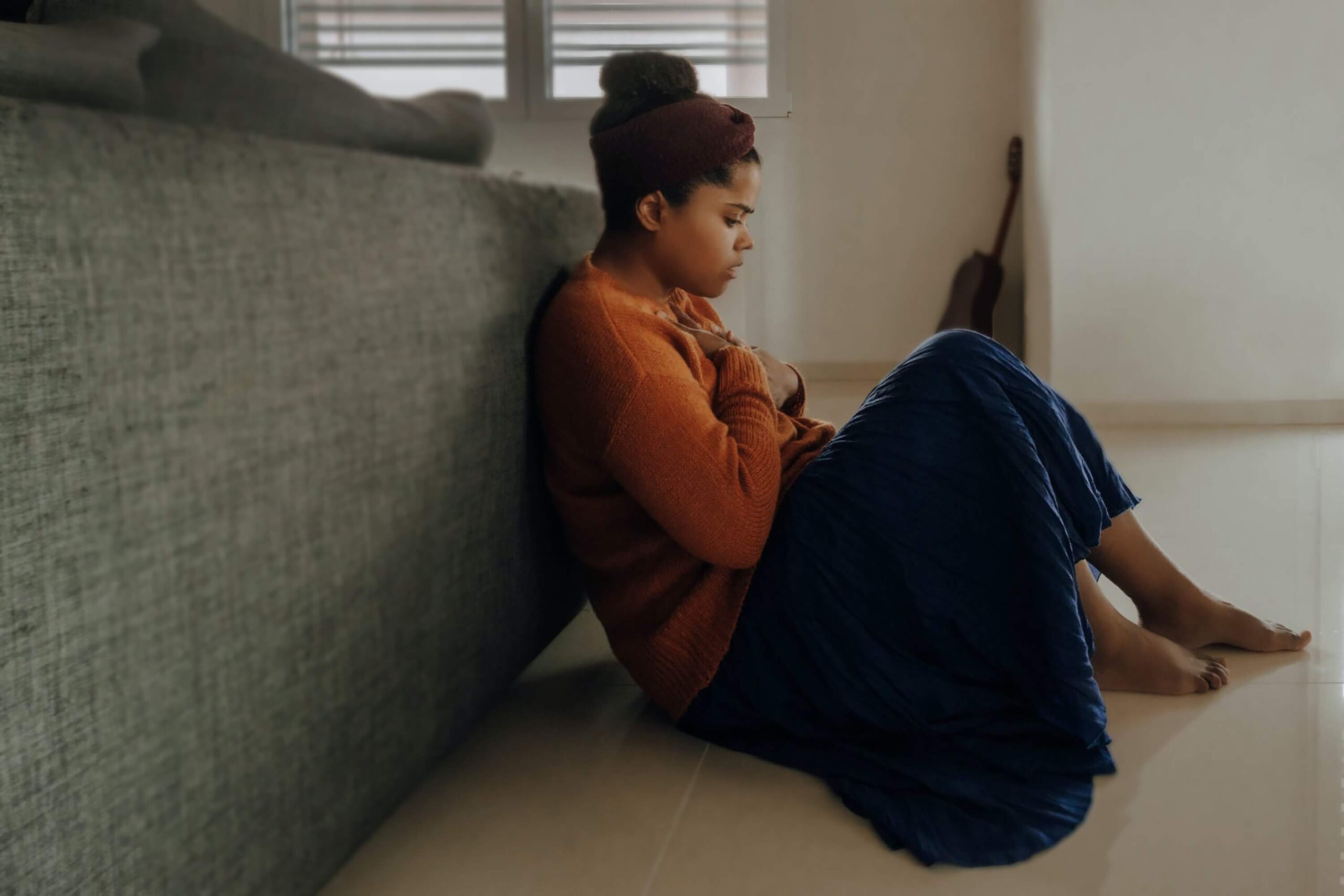How to Cope With Safety Threats in Your Community or the World

We have all experienced nationwide—and sometimes global—warnings about the potential for violence as a result of social or political upheaval, violent conflict, or war. It is good that our leaders and public safety professionals are taking our safety seriously and informing us on what to do in these moments, but times like these can cause a lot of stress and anxiety.
To be—and feel—safe, it’s important to follow the advice of experts such as local police, school or campus safety professionals, and other trusted authorities, including school administrators, counselors, and your caregivers. It’s also important to pay attention to the feelings you may be having and reach out for support from your community and trusted adults if you need it.
Here’s a quick guide to managing any feelings of stress or anxiety you may be having.
Keep an Eye Out for Signs of Stress and Anxiety
- A constant loop of worries in your head
- Having a hard time concentrating
- Feelings of panic in your body, a racing heart, or sweating
- Sleeping more or less than usual
- Feeling really irritable
- Checking out with screens or numbing with substances
Check out these 6 Ways to Stop a Panic Attack
Connect With People
Connecting in person is one of the best things you can do for your mental health, but texting or snapping is another way to support each other if you can’t be together.
Reach out to friends and family or a trusted teacher, coach, or school counselor. Talking about your fears with someone you trust can help them feel less frightening than they do in your head.
Learn more about How to Take Care of Yourself By Connecting With Others
Stay Away From Stressful Content
It’s wise to seek out information from experts—local police, school or campus safety professionals, school administrators, and caregivers—to keep yourself safe.
It’s also a good choice to avoid constant exposure to stressful news :
- Temporarily delete apps that may contain disturbing content without reliable information, such as social media.
- Pause notifications from these apps.
- Block harmful content.
- Restrict, mute, or unfollow for a period of time friends who share this kind of content.
If screens are helpful to give your mind a break from stress and worries, choose apps that make you feel connected to others or that offer uplifting or peaceful content.
Find out more ways to protect your mental health when you use social media
Ground Yourself
Bringing yourself to the present moment helps you come out of those swirling feelings in your head and feel secure in your body.
Ways to do it:
- Notice things you can see, hear, smell, and feel: “I see my classmates taking notes; I hear the traffic through the open window; I smell the lotion on my hands; I feel the fabric of my jeans.”
- Box breathing: Breathe in for four counts, hold for four counts, exhale for four counts, and wait another four counts before the next inhale.
- Use your senses: Take a warm bath or shower and pay attention to how the water feels, or hold a cup of warm tea in your hands and drink it slowly in a favorite spot.
- Move your body: Dance to your favorite playlist, walk around your space, or do a few stretches to release the tension in your body.
- Create a playlist of songs or sounds that help you relax and feel safe.
Learn more about How Music Can Improve Your Mental Health
Know When You Need More Help
Anxiety in moments like this is expected, but if it’s taking up all the space in your head, affecting you physically, or making it difficult to do normal things, it’s time to talk to a professional who can listen to all your concerns and offer coping skills and treatment if needed.
Pay attention to thoughts, feelings, or behaviors that:
- Feel too intense
- Last longer than two weeks
- Get worse or don’t get better
- Make it hard for you to go about your normal activities
- Feel unbearable
- Make you feel unsafe
Check out JED’s guide to getting, affordable, culturally competent mental health care that works for you
Talk to Someone Right Away
- You can reach a trained peer counselor at Teen Line (800-252-8336) between 6 p.m. and 10 p.m. PST.
- You can have a free, confidential conversation with a trained mental health counselor any time of day by texting HOME to 741-741 or calling or texting 988.
- Call 911 if there is immediate danger of harm or a medical emergency.
Learn More About Coping with Traumatic Events and Managing Stress
How to Cope with Traumatic Events
How to Relieve Stress: Breathing Exercises You Can Do Anywhere






